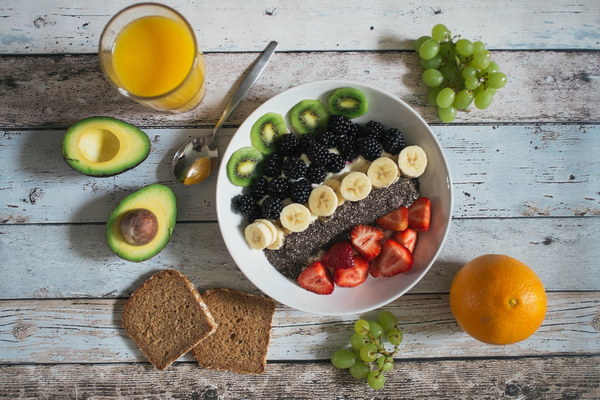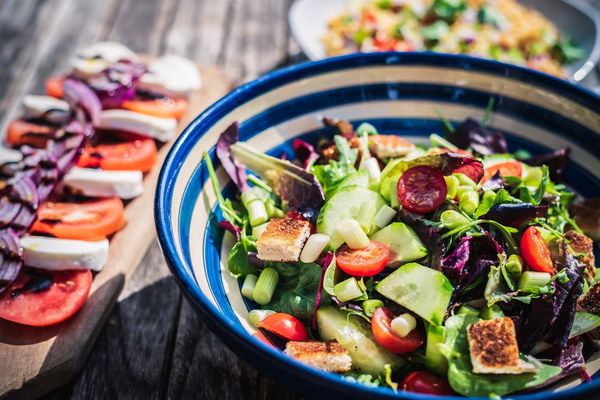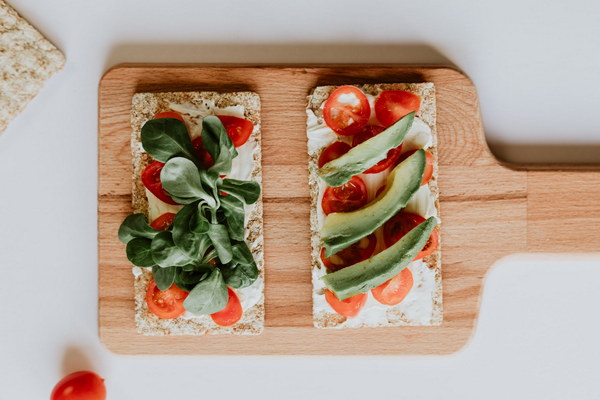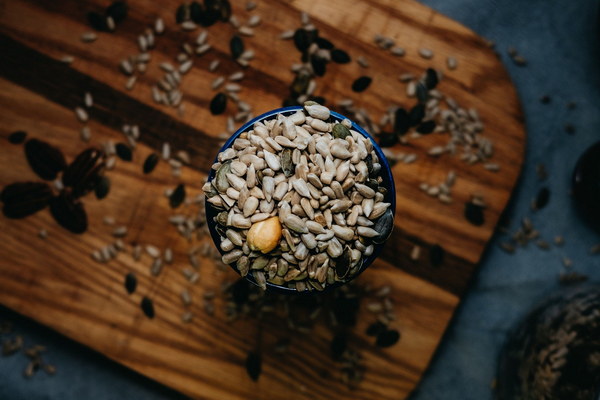Breakfast Bonanza Can Eating Breakfast Really Help in Anti-Aging
Introduction:
The morning meal, often overlooked, holds the key to unlocking the secrets of youthful vitality. Breakfast has been a staple in the daily routine of countless individuals, but recent research suggests that it might be more than just a morning ritual; it could be a powerful tool in the fight against aging. But can eating breakfast really help in anti-aging? Let's delve into the science and uncover the truth behind this intriguing question.
The Role of Breakfast in Energy and Metabolism:
To understand the potential anti-aging benefits of breakfast, it's essential to first recognize its role in energy and metabolism. After a night of fasting, your body enters a state of energy conservation, conserving nutrients and calories. Consuming breakfast kickstarts your metabolism, providing the energy and nutrients necessary for optimal bodily functions throughout the day.
1. Enhanced Cognitive Function:
Numerous studies have shown that individuals who skip breakfast often suffer from decreased cognitive function, including impaired memory and concentration. A well-balanced breakfast rich in complex carbohydrates, proteins, and healthy fats can improve brain function, helping to maintain mental acuity and reduce the risk of age-related cognitive decline.

2. Balanced Blood Sugar Levels:
Eating breakfast can help regulate blood sugar levels, reducing the risk of type 2 diabetes and its associated complications. High blood sugar levels are a hallmark of aging and can accelerate the aging process. Consuming a healthy breakfast can prevent spikes in blood sugar, promoting overall health and longevity.
3. Weight Management:
Maintaining a healthy weight is crucial for anti-aging. Skipping breakfast has been linked to increased weight gain and obesity due to overeating later in the day. A nutritious breakfast can help control appetite, leading to better weight management and reducing the risk of age-related diseases.
4. Improved Gut Health:
The gut microbiome plays a significant role in overall health and aging. Consuming a breakfast rich in fiber and probiotics can promote a healthy gut flora, reducing the risk of inflammation and age-related diseases.
5. Reduced Stress Levels:
Eating breakfast can help lower stress levels by providing a sense of routine and balance. Stress has been shown to accelerate the aging process, so a healthy morning meal may help combat its adverse effects.
The Anti-Aging Power of Specific Breakfast Foods:
Certain foods are particularly beneficial for anti-aging. Incorporating these into your breakfast can enhance its anti-aging properties:
1. Berries: High in antioxidants, berries can help combat oxidative stress and reduce the risk of age-related diseases.
2. Eggs: Rich in protein and vitamins, eggs can support muscle strength and improve skin elasticity.
3. Nuts and Seeds: Packed with healthy fats, vitamins, and minerals, nuts and seeds can promote heart health and reduce inflammation.
4. Whole Grains: Complex carbohydrates provide sustained energy release and help regulate blood sugar levels.
5. Greek Yogurt: Probiotics and calcium can support gut health and bone density.
Conclusion:
While eating breakfast alone cannot reverse the aging process, it can play a significant role in promoting overall health and well-being. By kickstarting metabolism, improving cognitive function, and reducing stress levels, a healthy breakfast can contribute to a more youthful appearance and extended longevity. So, the next time you reach for a bowl of cereal or a protein smoothie, remember that you're not just fueling your body for the day; you're taking a step towards a healthier, more vibrant future.









